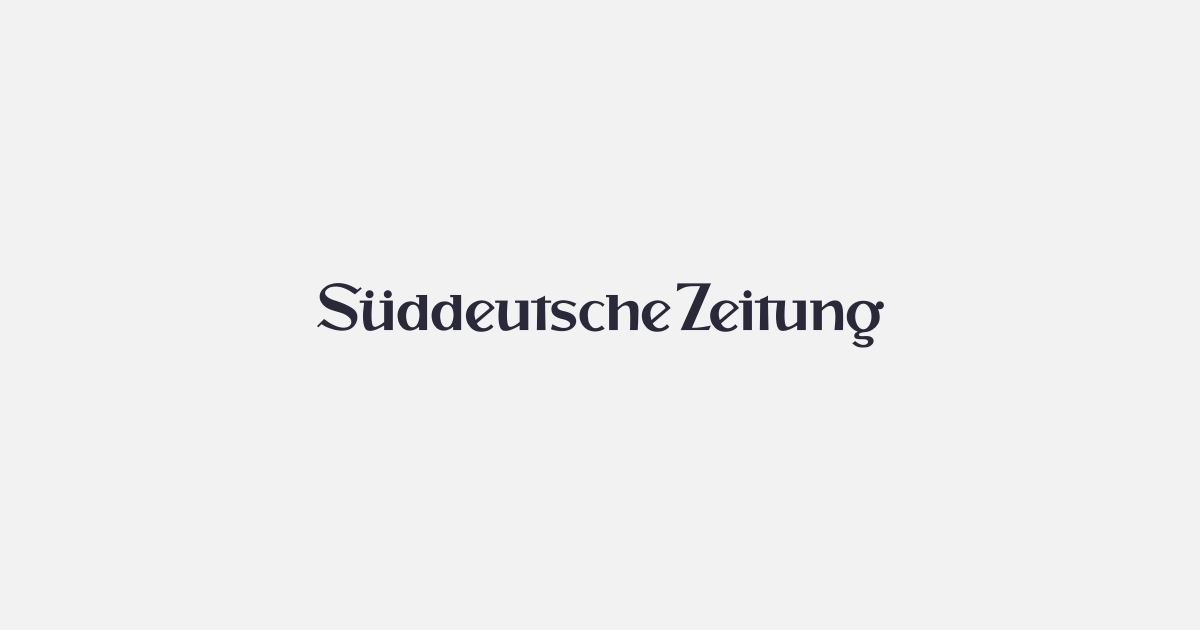-
ofFrank Weiner
–
shut down
–
Olaf Jahnke captured scenes from a dark time in photos.
Kelkheim / Frankfurt. It is a striking building in the Main-Taunus district: the high-rise complex on the Hattersheimer Südring can be seen from afar even from the B 43. In 1977 the quarter gained notoriety: on July 30, the terrorists of the Red Army Faction (RAF) wanted to kidnap Jürgen Ponto, the CEO of Dresdner Bank, in his house in Oberursel. The apartment on the Hattersheimer Südring was to serve as a hostage hiding place. As is well known, things turned out differently: After a scuffle, Brigitte Mohnhaupt shot Ponto, but the RAF terrorists still fled to the Main-Taunus district.
Olaf Jahnke from Kelkheim also lives there. He was committed to the VHF in Parliament and sits for the Greens in the district council. The cameraman has been politically active for a long time. The idea for his RAF project came to him from the large number of documentaries about the terrorists. Jahnke, who has also made a name for himself as a photographer and author, started thinking. This resulted in an extraordinary photo project: he photographed the scenes of terror in the region between 1968 and 1993 under the title “Red Army Fraction Topography Frankfurt”. This resulted in a book that can be ordered for 24 euros on his homepage www.olafjahnke.de. Or via the contact [email protected]. On Sunday, June 13th, the exhibition of his pictures will open from 3pm to 6.30pm in the “Kuk 1292 Galerie” in Frankfurt-Sachsenhausen, Schellgasse 8. It will run until July 11th.
He has been working in Frankfurt since 1982, writes Jahnke in the foreword. Older colleagues in particular told him about the RAF, their crimes and that they had found shelter here in various corners. “With the actions of the group in the back of my mind, a shiver ran down my spine at the thought that I might have unknowingly met a terrorist there,” says Jahnke. He knows that Berlin is more likely to be associated with the RAF. In the standard work “The Baader Meinhof Complex”, however, it quickly becomes clear that the terrorist head Andreas Baader has chosen Frankfurt as his headquarters.
The research spirit was awakened in Jahnke. And today, after a long search, he can say: “The history of the RAF runs like a red thread through the Rhine-Main area.” He found addresses and places in many archives. So the Kelkheimer put together the RAF puzzle of the region and was surprised himself that he was able to discover and photograph more scenes than expected. In some cases, he was approached at the locations and pointed out to the terrorist, says Jahnke. He has summarized the facts in the text accompanying the pictures – perhaps one or the other emotion crept in, admits Jahnke and emphasizes: “The deeds cannot leave anyone indifferent, at the latest when you look at the details of the attacks, you can see the suffering of people, even if a lot of time has passed since then. I don’t think time heals all wounds. “
And so he unfolds them again artistically and photographically, the scenes of the RAF. It all starts with a picture of the Kaufhof branch at Hauptwache, where the terrorists carried out the first arson attack in 1968. Another stop is Wilhelm-Leuschner-Straße Darmstadt, where RAF members lived legally after their release from prison and even looked after young people in their shared apartment. Hofeckweg Frankfurt, where Baader, Meins and Raspe were caught after an exchange of fire. A wooded area near Heusenstamm, where the RAF’s main weapons depot was discovered, Brigitte Mohnhaupt and Christian Klar were arrested. The circle closes in 1989 on Seedammweg in Bad Homburg, where Deutsche Bank boss Alfred Herrhausen was the victim of an explosives attack, and in 1993, when the bombing of the prison in Weiterstadt was carried out.
The high-rise complex on the Hattersheimer Südring. Here the RAF wanted to hide Jürgen Ponto after the planned kidnapping.
© Jahnke
–
Frankfurt, Bockenheimer Landstrasse, corner of Unterlindau: This is where the first exchange of fire between the police and terrorists took place in 1971.
© Jahnke
– –
Related posts:


